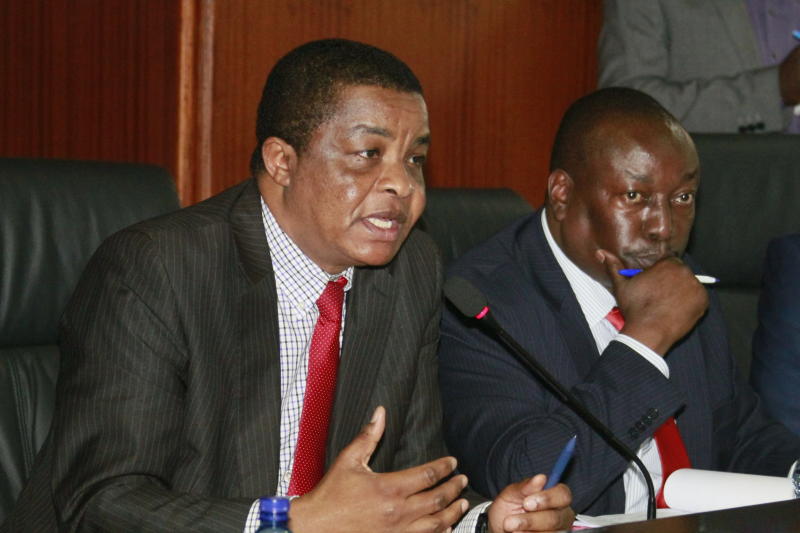×
The Standard e-Paper
Stay Informed, Even Offline

Kenyans should prepare for tougher times ahead after the taxman proposed a raft of measures which, if implemented, could see taxes increase.
Appearing before the National Assembly Finance and Planning committee, Kenya Revenue Authority (KRA) Commissioner General John Njiraini tabled the proposals, which have been sent to Treasury for consideration.